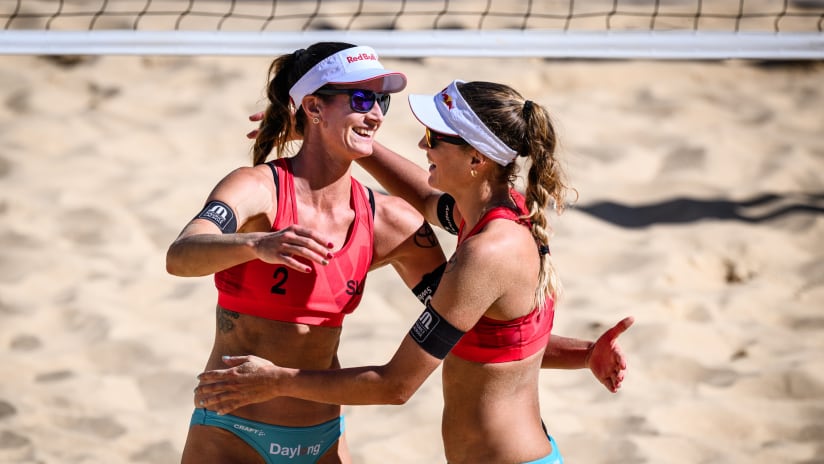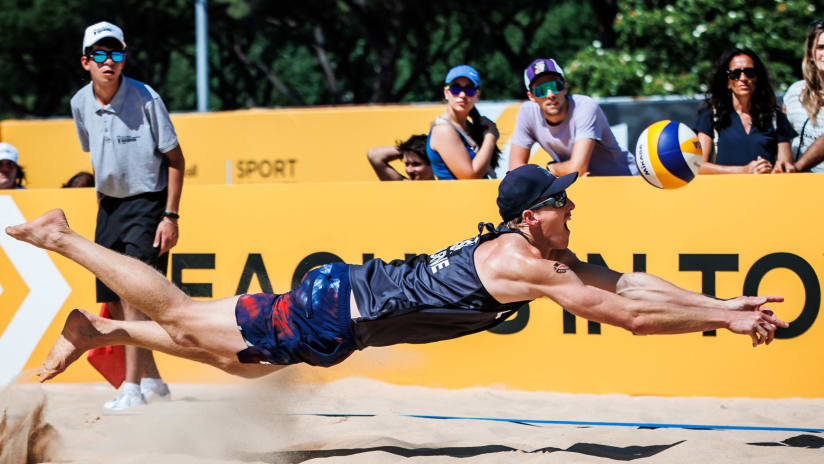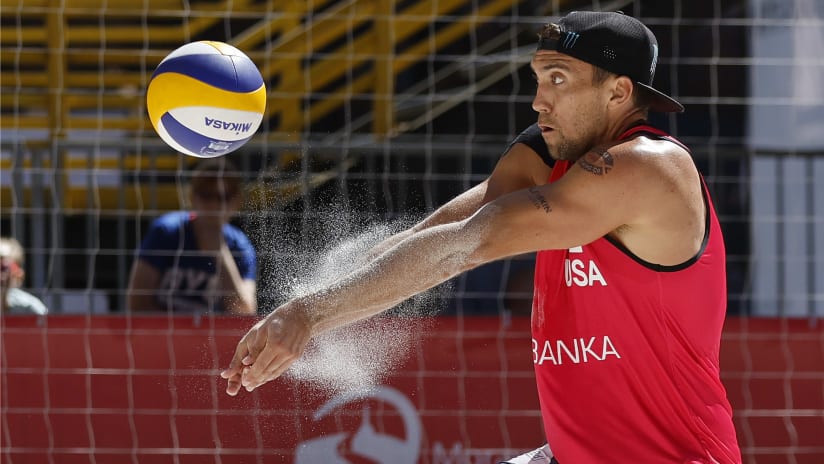The country of Norway does not exactly seem to provide the ideal setting for beach volleyball prowess, nor, when you take a moment to think about it, should it. The hottest month of the year comes in July, checking in at a little north of 18 degrees Celsius, or 65 Fahrenheit, which is just about the coldest it gets in California at any point in the year.
Beach Volleyball World Champs 2022
Hendrik Mol, Mathias Berntsen continue etching history for Norway at World Championships
Two Norwegian men's teams are competing in Rome this week, something the world hasn't seen in quite some time
Published 07:18, 13 Jun 2022
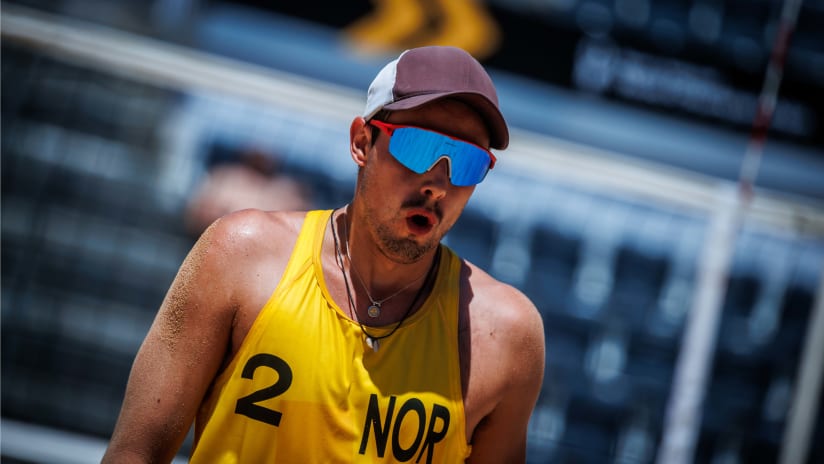
Mathias Berntsen of Norway
So much so that when a local news station ran a story on Norway’s domination of this past winter Olympic Games, leading both the medal count (37) and gold medals (16), a woman commentated “You mean the mountainous country that gets two months without sunlight and six months of snow? What did you expect, beach volleyball?"
That, unbeknownst to the reader, is exactly what you can expect.
This week in Rome, Italy, for the first time in more than a decade, there are two Norwegian men’s beach volleyball teams competing in the World Championships. You know the one: Anders Mol and Christian Sorum. At this point, save for the devotees of the Winter Olympics, it is almost impossible not to recognize them. Their stretch from 2018-2021, in which they won 15 FIVB tournaments, a record four straight European Championships, and the country’s first beach volleyball Olympic medal, making it gold in Tokyo, may be the most dominant in the sport’s history.
Hendrik Mol, older brother of Anders as well as the youngest blocker in the family, Markus, and Mathias Berntsen are not Anders and Sorum. No one in the world is, and maybe ever will be. Yet they are unquestionably a contender to make a deep run in these World Championships. For years, they’ve been on the brink, perpetually on the cusp, qualifying and qualifying and qualifying some more. But something was amiss. They had proven they could beat any team in the world at any given time, yet their resume was devoid of deep runs through the playoffs and into medal contention.
“It’s just about becoming more consistent for us,” Mol said. “That’s it.”
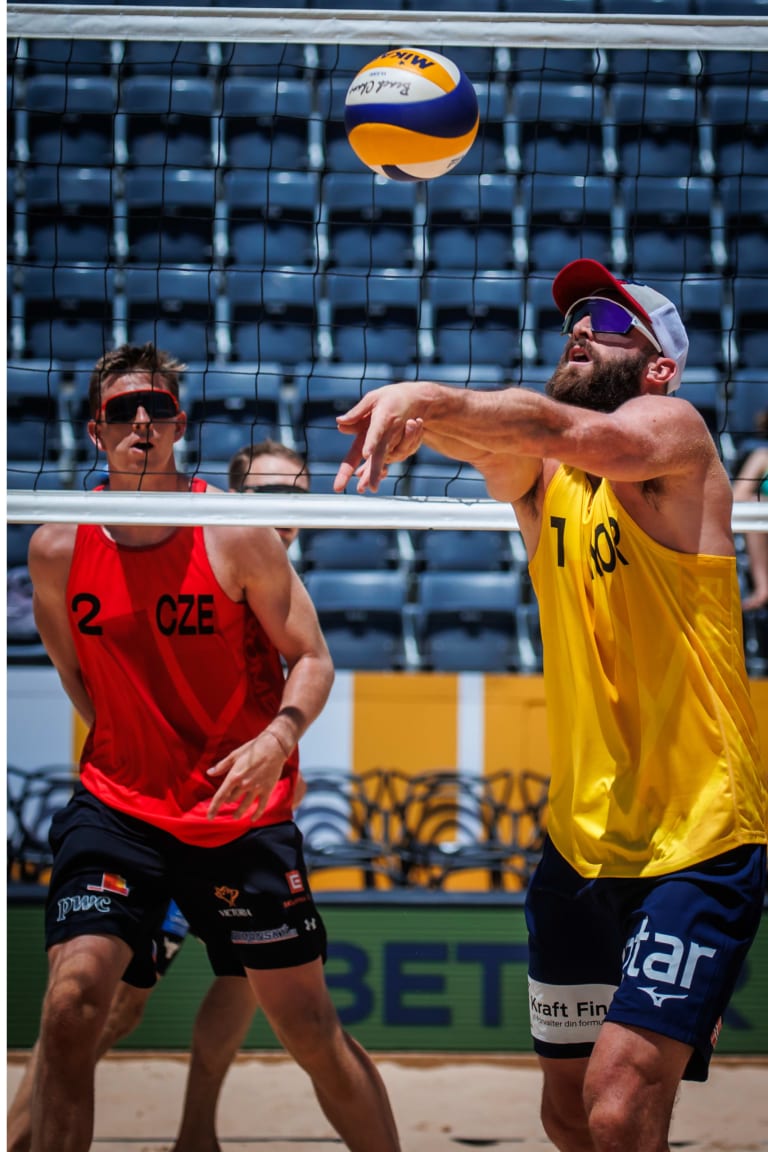
Hendrik Mol
More and more in this 2022 season, they are finding that consistency. In their second event, the Kusadasi Challenger from May 19-22, they emerged from the qualifier, defeating a tough Latvian team in Edgars Tocs and Kristians Fokerots, and finished fifth. Along the way, they upset the seven seed, Adrian Carambula and Enrico Rossi, and made a very difficult win look rather easy. Then they tacked on another, knocking out Chilean sensations and second-seeded Noe Aravena and Vicente Droguett, 24-22, 21-14.
The following week, in Jurmala, Latvia, they qualified for their first Elite16, and added a main draw win over Brazil’s Alison and Guto, exactly the type of momentum you’d want heading into the most important tournament of your career.
“I just think we’ve found a flow and rhythm in our game and how we want to play,” Berntsen said. “We know we have a very high level when we play good volleyball. When we’re going down, we don’t play so good. We have a better consistency in our game right now. We’ve been playing really well these past couple tournaments and we’re going to keep progressing and getting better and better.”
When they emerged on this World Championship stage, the biggest in this sport outside of the Olympic Games, wilt they did not. The 30th-seeded Mol and Berntsen upset Americans Theo Brunner and Chaim Schalk in their first match of pool play, 21-23, 21-17, 15-12. The importance of that win cannot be overstated: Even with a 13-21, 17-21 loss to the Czech Republic’s Ondrej Perusic and David Schweiner, they are still likely to advance into the elimination rounds should they sweep Mozambique’s Ainadino Martinho and Jorge Monjane, who have been swept by both the Czech Republic and the Americans.
“It was an important win,” Mol said of the victory over Schalk and Brunner. “It’s nice to be 1-1 in pool play instead of 0-2. We’re really glad we battled through yesterday.”
One more battle remains, and it is a critical one: A convincing win will continue etching history into Norway’s beach volleyball culture, as both teams will not only show up to World Championships, but continue moving on.
“It’s the first time in thirteen years that Norway has two men’s teams in the World Championships so it’s a big tournament for us and we’re really grateful to be here,” Berntsen said. “Glad we got the opportunity to play.”
